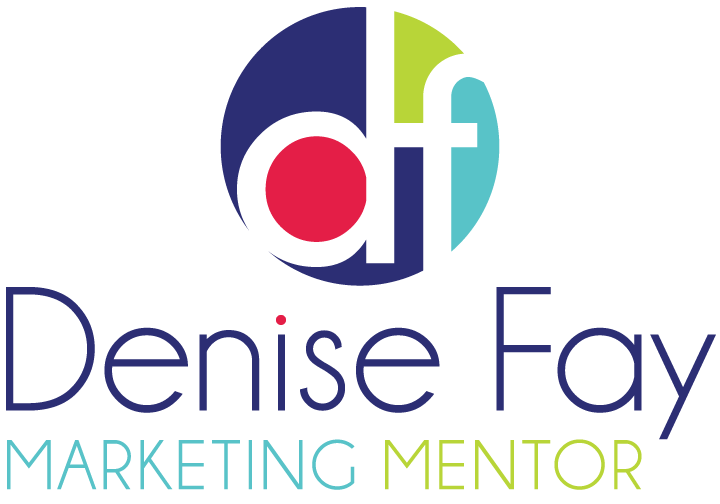I live surrounded by green fields. I love it but you forget how quiet it is until you go to a bustling city like London.
I was over there last week at the PSA Board meeting and I soaked up the energy and the buzz as I walked around, back to the train station.
There were people in pubs and fancy glass fronted bars drinking cocktails, beers and champagne. Some people were wandering around with Selfridges, Jo Malone and other branded bags. Others were wearing earbuds or earphones that I didn’t recognise and didn’t know they even existed!
It got me to thinking about price, how and what people buy.
You see, for many, price isn’t the main thing that people worry about when they buy something.
If you’re not sure and maybe disagree with me, take a look at people walking the high streets or main streets of your town, what bags are they carrying, how many bags are they carrying, what labels are they wearing, look down at their feet – what shoes are they wearing? What cars are they driving, what restaurants are they eating, what beverage are they drinking?
You see people have choice – they could choose to eat at home, instead of eating out. They could get a bottle of wine in the local convenience store instead of a glass in a bar…piratically the same price!
What people crave when they buy is value. What they want is value…and yes, value is definitely subjective – meaning what’s good value for me might not represent good value to you.
In fact, this is one of the biggest mistakes I see my coaching clients make – they set their prices assuming the customers’ measure of value is going to be same as their own.
Often sales people talk a customer out of a purchasing a high-ticket item simply because they decide on the customer’s behalf it’s ‘too expensive and you can’t afford it.”
Not only are you NOT in a position to know that, but so long as you’re honest in your promises about your products and services, you don’t have the right to make anyone’s decisions for them.
Would you agree that your products and services ought to provide value to your customers and priced as such?
So the question now becomes how can we add value if we don’t know how our customers measure it, and if we can’t measure it, how can we price it?
The only way to know for sure is to test different things and see what resonates, what responses you get. We could talk about this all day but here are three very simple things to try first before you start on more advanced ways:
1. Convenience
There’s no denying that we live in a culture of convenience.
-
Why walk to the shop, when we can get it delivered?
-
Why head into the high street, when we can buy everything online?
-
Why read a book when we can listen on audible?
Some conveniences are great – if you’re not a reader, then you can listen to a book or podcast to learn (all my podcasts are here, check it out).
But convenience extends to more than online shopping.
I recently purchased a wardrobe for one of the kids..but the guys that delivered it wouldn’t bring it upstairs.
“Insurance, missus”.
Insurance, baloney!
But so the husband and I spend time putting it together on the weekend. This ‘quality time’ could have been avoided, had someone in their office offered an upsell of putting it together for me.
Would I have taken the offer?
I would have bitten their hand off!! (Not literally, of course!)
Everyone can offer these extra little services for an extra or even premium price – an extra price to see who would buy it. Test and measure who will pay the extra for that.
In a recent survey by Forbes, it found that 70% of customers would pay more if they knew they would receive a convenient experience.
Price becomes less relevant—even more so when it is about convenience.
What can you do in your small business to make things more convenient for your customers? And then how can you price it?
2. Speed
Do your customers value speed?
Having something NOW when they really need it is worth a hell of lot to the person desiring it.
Would you agree that it deserves a premium or special price?
If you’re locked out of your house, you’re due to go to an important meeting so you need your car keys, would you pay the premium to the locksmith, who has dropped everything and everyone to go to your need?
Of course you would.
So what service can you promote that talks about speed and helping your clients quicker, faster?
But here’s a caveat if you’re looking to put a price for rapid service – don’t make it so that the person receiving the service feels like they are in a jam. That’s not a good feeling.
What you want your customer to feel is that you get them, you’re there for them whenever you need it and yes if they have to pay a little more, that’s okay, they understand.
The key is not to exploit the price, that serves no-one, not even you in the long-run.
3. Customer Service
This is key to creating community around your product and service and so many business owners take it for granted. But you can’t.
If you’ve listened to me for a while, I talk about creating customer relationships and it’s why my tagline is helping you get and keep customers.
One way to keep them is by giving good customer service – please don’t under-estimate it.
In that same Forbes study, a question was put to 1000 US consumers – “Is customer service more important than price?”
The study found that 58% said, “Yes.”
Wow! And just to show there was no bias to that question, the question was rephrased later in the survey and it was the exact same answer!
That’s a significant number..and of course it may not apply to your business, because no one size fits all.
This survey concluded that price is less relevant when customers know they are going to receive better service. It’s not that customers disregard price altogether, but over half of them more or less said, they’d pay a little extra to be taken care of.
So the question for you is what do your customers value as good customer service? What does ‘taking better care of them’ mean to them?
So when you think of price, do you see it as a simple number, something to compare yourself against your competition?
You see, you can price your services like everyone else in your industry…or you can follow a customer centric approach.
I’ve given you three ideas to get started – how do your customers value convenience, speed and customer service?
How you price your product is your decision, but determining what they value and then you assigning a price to that value will make you stand out.
It will help with your messaging and how you approach selling.
How to price your product and service can be complicated…or you can make it easier for your customer – help them understand the value you bring and assign a price to it.
After reading this article about how to price your product and service and love the idea of value and need support on how to measure the value your customers require, then get in touch with me and I’ll help you out. I have a number of coaching and mentoring packages that suit your budget and time. Email me at denisefay @achievemarketing.ie.







